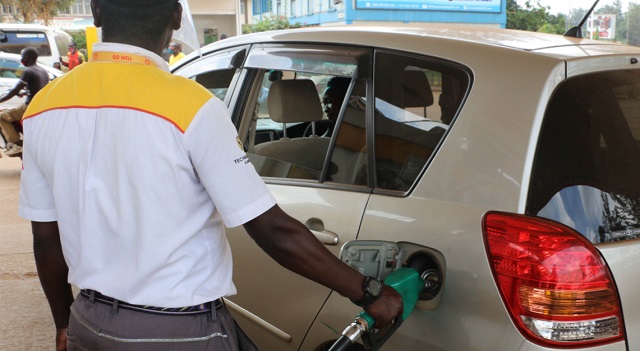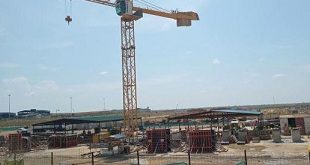
Kampala, Uganda | THE INDEPENDENT | Fuel prices in Kampala have hit a new high, with a litre of petrol going for as high as 4,450 Shillings while diesel was quoted at 3,999 Shillings at some stations on Monday. This is an increase by an average of 300 Shillings over the last two weeks.
A combination of factors, including the effects of COVID-19 on the supply chain, the resurgence of the global demand and new tax regimes in East Africa have led to this rapid change in the prices in Uganda.
Earlier this year as economies picked up, pump prices in Uganda rose sharply from 3,700 Shillings to 4,150 Shillings per litre of petrol at Shell and Total stations and have been largely stable since April. New tax measures also saw a 100 Shillings increase in the excise duty per litre, although this did not take immediate effect on the prices, at least in the first two months of the financial year.
Vivo Energy marketing manager Moses Kebba, says that the current fuel price increases are due to factors beyond the distributors’ control, saying it is an issue of the whole economy. Total and Vivo Energy, which distributes Shell products in Uganda are the largest dealers in the country.
Kebba says that the industry globally has been disrupted by the effects of COVID-19 on different sectors.
Frank Tukwasibwe, the commissioner for petroleum distribution says that currently, the country is enjoying a stable supply, implying the causes are external. The global energy demand has shot up in the last few months as global economies reopen and activities are revived from the 2020 global economic ditch that was caused by the pandemic.
However, the supply has remained unchanged, leading to pressure on prices. US crude oil prices have risen by USD 120 a barrel from negative USD 40, meaning that a barrel now stands at USD 80, for the first time in seven years. According to Bloomberg, Asian countries have been snapping up US fuel tankers to tame the demand for the commodities in their economies.
Reports indicate that at least 130 countries are experiencing sharp fuel price increments due to the high global demand, although countries like the United Kingdom faced extra problems like transportation. In Kenya, the oil prices were recently pushed up when the country raised taxes and lifted all subsidies, pushing the prices to at least 4,430 per litre of fuel in September.
This then reportedly pushed Kenyan motorists in Western to cross the border and refill their vehicles in Uganda and drive back home, which also led to Ugandan traders at the border towns to hike the prices.
Currently, according to global petrol prices, the average price of 4,230 Uganda Shillings per litre in Uganda is below the global average of 4,334.55 Uganda Shillings.
“All countries have access to the same petroleum prices of international markets but then decide to impose different taxes. As a result, the retail price of gasoline is different,” the channel says.
In East Africa, Kenya has the highest average price of 4,435 shillings followed by Burundi’s 4,339 shillings.
Tanzania has the lowest followed by Rwanda at 3,781 and 3,845 Shillings respectively. Citigroup forecasts global crude prices to continue going up in the short term, with demand-driven even higher by the winter conditions in the west.
Vivo Energy’s Kebba says this global picture is not only affecting fuel prices but all other petroleum products like engine oil and grease. He is however more concerned about the counterfeiting by unscrupulous individuals, who are not only affecting the industry’s performance but the safety of motorists. He says the problem is huge, though it is hard to monetize.
He urges motorists to try to attend to their vehicles whenever they are being serviced to be sure that the service stations are using the right product as specified for their vehicles.
*****
URN
 The Independent Uganda: You get the Truth we Pay the Price
The Independent Uganda: You get the Truth we Pay the Price



